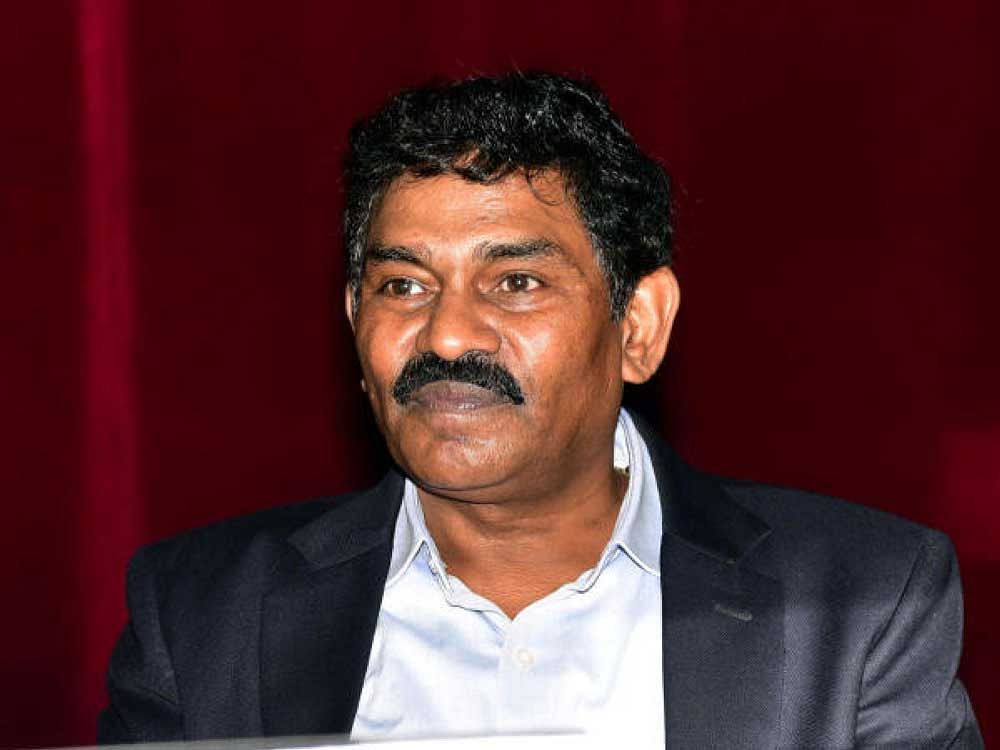
Ram Rajasekharan, the director of the CSIR-Central Food Technological Research Institute (CFTRI), returned to office on Friday after the Central Administrative Tribunal (CAT) stayed his transfer to New Delhi.
The Council of Scientific and Industrial Research (CSIR) had transferred Rajasekharan to its headquarters as Director (Special Projects and Initiatives) on August 25, 2017, citing “public interest” and clause 5 of his appointment order. The CSIR had given Jitendra Jadhav, Director, CSIR-National Aerospace Laboratories (NAL), Bengaluru, the additional charge of CSIR-CFTRI.
Rajasekharan’s transfer was celebrated by pro-Kannada activists, especially among the CSIR-CFTRI staff, who had accused him of being “anti-Kannada”. They had suggested that he was “targeting” some Kannada-speaking staff. Kannada Development Authority chairman S G Siddaramaiah had even visited the institute.
Rajasekharan, however, approached the CAT, questioning the transfer before his tenure ended. He was appointed the CSIR-CFTRI director on July 18, 2012, for six years.
Scientists welcome order
Farmers’ leaders and young scientists at the CSIR-CFTRI had backed Rajasekharan. Kuruburu Shanthakumar of the Federation of Farmers’ Association and State Sugarcane Growers Association said that as director, Rajasekharan brought in many changes in the institute and guided farmers in adopting scientific methods of farming. The transfer was “politically motivated”, he added.
A few scientists at the CSIR-CFTRI, upset about Rajasekharan’s transfer, had launched an online campaign against the order.
A Kannada-speaking scientist at the CSIR-CFTRI, who would not be quoted, said Rajasekharan was a “role model” for young researchers and that his transfer adversely affected them.
“Rajasekharan is a dynamic leader, always approachable and dedicated to the cause of helping farmers. His focus is on ensuring nutritional security in the country,” the scientist added.